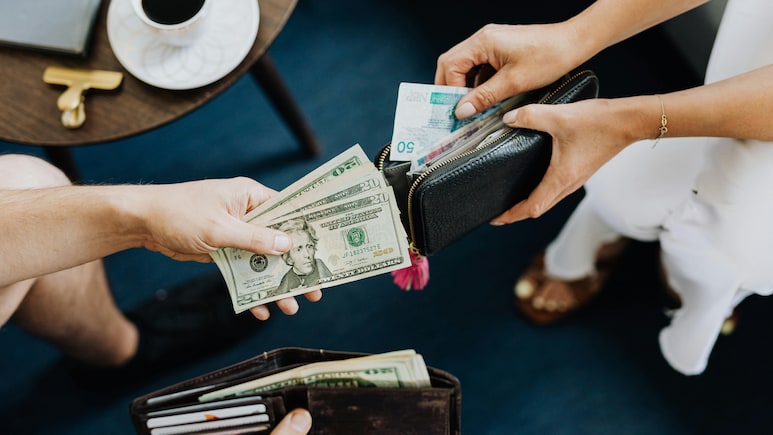
Travelling abroad is exciting. New sights, sounds, and experiences are all part of it, but one of the most important aspects of any trip is managing your money. Many travellers unknowingly make the mistake of exchanging currency at the airport. While it feels convenient since the counters are easy to find, the reality is that airport exchange rates are usually higher. Not only does this reduce the amount of money you get, but it also cuts into your travel budget before your trip has even begun. The good news is that with a little planning, you can avoid this trap and make your money go further.
Also Read: 9 Hidden Travel Costs Many Indians Forget To Budget For
Should You Exchange Currency At The Airport?
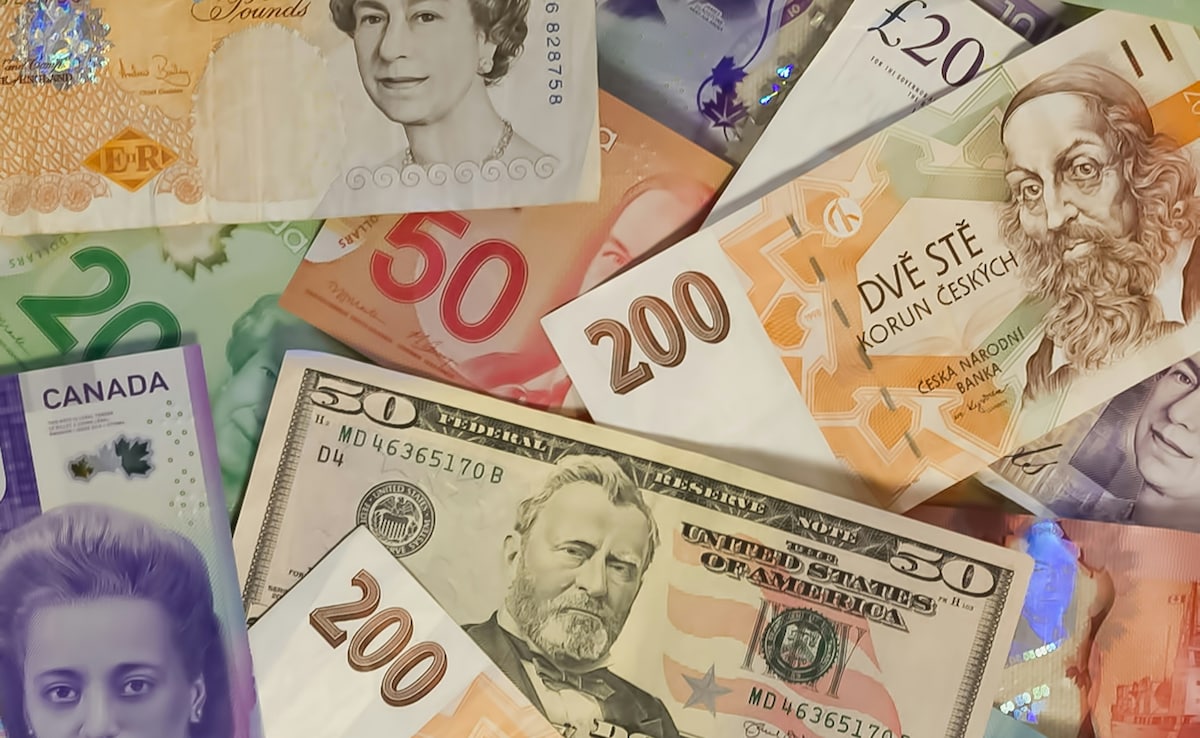
Photo: Unsplash
Airports are busy, stressful places, and needing local cash quickly is common. However, exchanging money there often comes at a cost:
1. Poor Exchange Rates
Airport exchange rates are rarely as good as those offered by banks or online platforms. This means you end up getting less local currency for your money.
2. High Service Charges
Commission fees add up quickly and can either be a flat rate or a percentage of the amount exchanged. This further reduces the cash in your hand.
3. Limited Competition
With only a handful of currency exchange providers at airports, competition is scarce. As a result, you are left with less favourable rates and higher fees.
If you are in a hurry, exchange only a small emergency amount at the airport. Save the bulk of your money exchange for better options elsewhere.
Smart Alternatives To Airport Currency Exchange
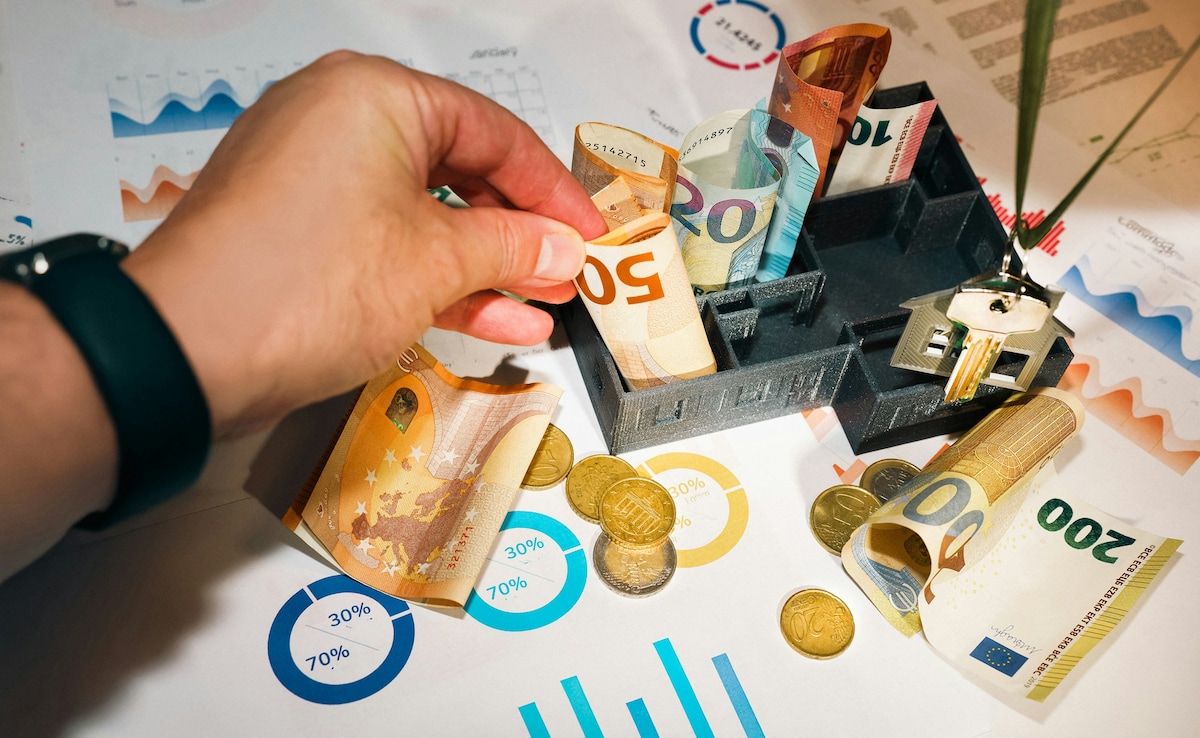
Photo: Unsplash
Planning ahead makes a big difference. Here are some better options to consider:
1. Authorised Money Changers
Available in most cities, they often provide competitive rates. Lower overhead costs allow them to offer customers better exchange values.
2. Banks
Banks are reliable, safe, and usually cheaper than private counters. They often provide more favourable rates, especially if you have an account with them. Plus, you avoid the risk of scams or fake dealers.
3. Forex Cards
These prepaid cards, loaded with foreign currency, are convenient and secure. You can load multiple currencies on one card and even reload it when needed. This reduces the need to carry large amounts of cash while abroad.
4. Online Forex Platforms
These platforms let you lock in exchange rates before your trip and often include doorstep delivery. You can compare rates, make secure transactions, and even schedule delivery in advance, saving both time and money.
Documents Needed For Currency Exchange In India

Before exchanging money in India, you will need the right paperwork. Most authorised dealers and banks ask for:
A valid passport
A confirmed air ticket
A copy of your visa
PAN card details for higher amounts
How Much Foreign Currency Can You Carry From India?
The Reserve Bank of India (RBI) sets clear guidelines on how much foreign currency you can carry abroad. At present, Indian residents travelling abroad are allowed to carry up to USD 3,000 or equivalent in cash. For higher amounts, travellers can use forex cards, travellers' cheques, or bank drafts. Keeping within the legal limit ensures a smoother journey and avoids unnecessary questions at customs.
Is It Better To Exchange Currency In India Or Abroad?
This is one of the most common questions among travellers. In most cases, exchanging in India before departure is smarter. You can compare rates between multiple banks and forex dealers to get a good deal. Abroad, especially in tourist-heavy destinations, you are more likely to face inflated charges. If you must exchange abroad, do it in city centres or at authorised banks instead of airports or small tourist kiosks.
Using Credit And Debit Cards Abroad
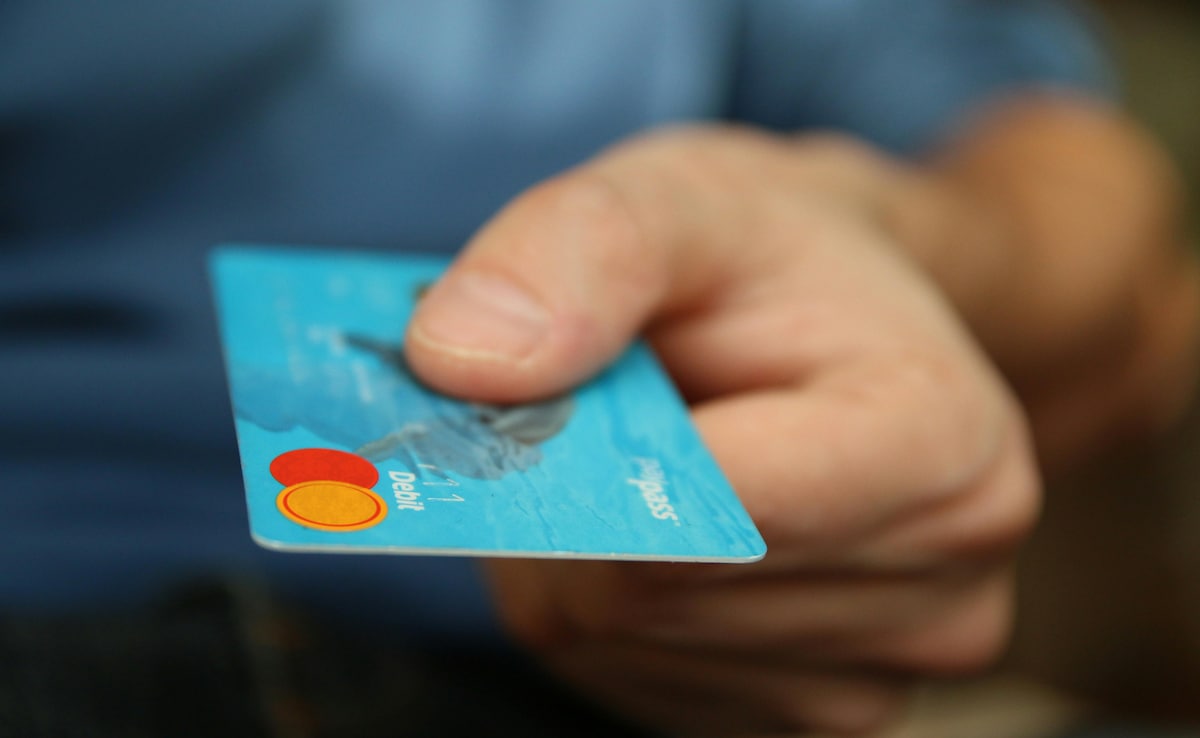
Carrying physical cash is not always practical, which is why many travellers now rely on debit and credit cards for payments abroad. International cards are widely accepted at hotels, restaurants, and shops. However, it is important to check the foreign transaction fees with your bank before travelling, as some cards charge between 2 to 4 per cent per swipe. Also, always inform your bank before your trip so that your card is not flagged for suspicious international activity. Where possible, use cards that offer zero foreign transaction fees or reward points on international spending.
Safety Tips For Carrying Foreign Currency While Travelling
Handling money while travelling requires some extra caution. Here are some simple but effective safety tips:
Do not keep all your cash in one place. Split it between your wallet, hotel safe, and luggage.
Carry only the cash you need for the day and leave the rest locked safely in your hotel.
Avoid displaying large sums of money in public places.
Use a money belt or hidden pouch in crowded areas to avoid pickpockets.
These habits reduce the risk of theft and ensure that even if you lose some money, you have a backup.
How To Avoid Fake Currency Abroad
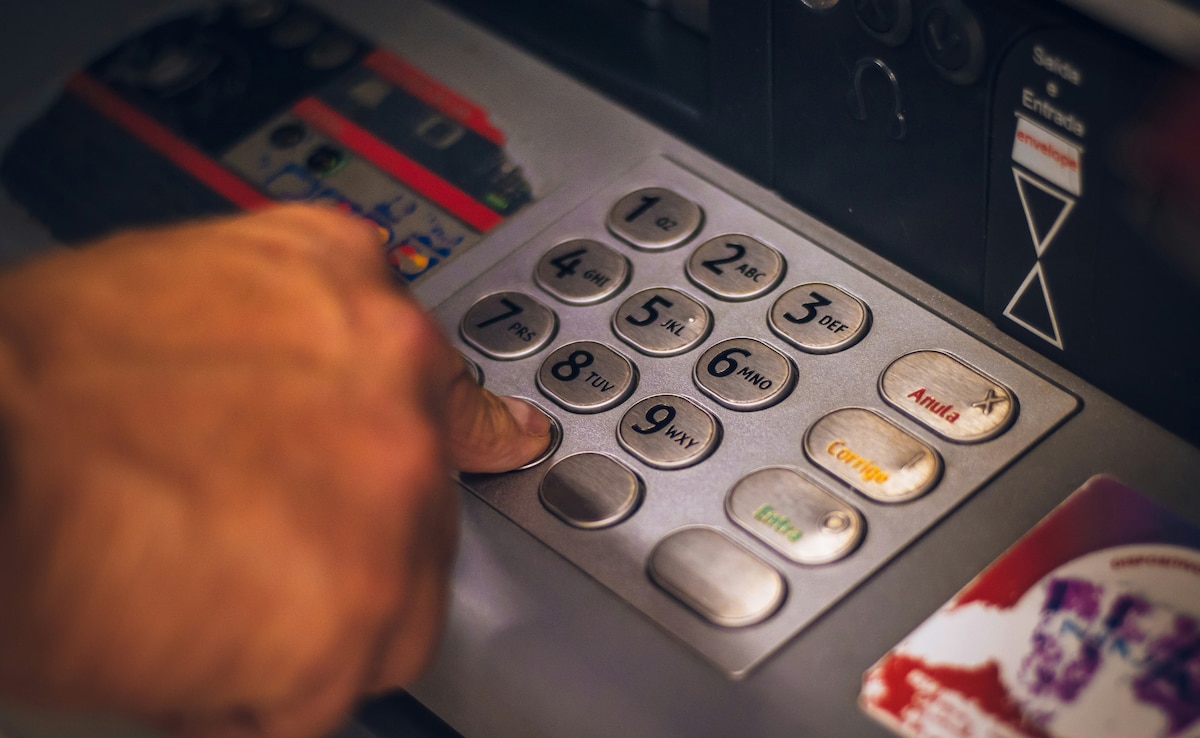
Photo: Unsplash
If circumstances force you to exchange money overseas, here are a few ways to avoid scams:
1. Exchange Only At Authorised Banks
Choose official sources like authorised money changers, banks, or regulated currency exchange offices.
2. Avoid Street-Side Exchanges
Street exchangers may advertise attractive rates but often carry risks such as counterfeit notes or shortchanging. Always prioritise safety and use legitimate providers.
3. Keep All Receipts
Retain receipts or transaction slips. They are essential if you need to reconvert leftover currency later or prove the legitimacy of your funds.
Best Time To Buy Foreign Currency Before Travelling
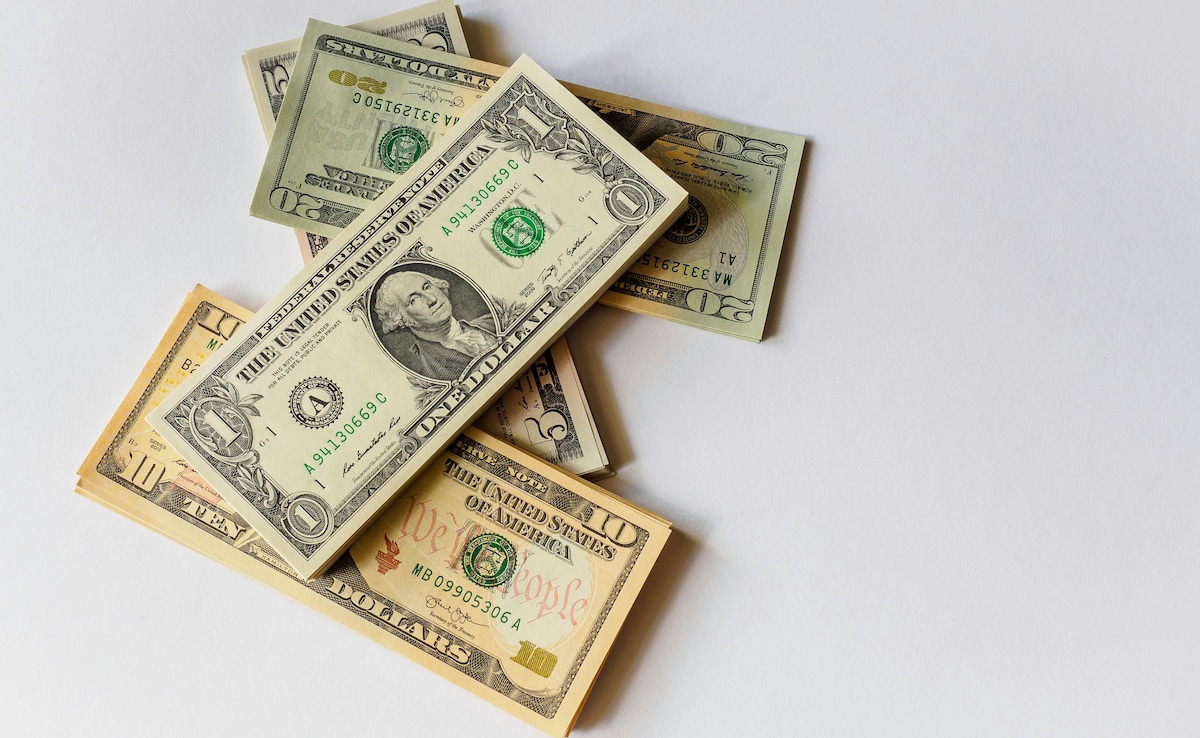
Photo: Unsplash
The timing of your purchase can affect how much money you save. Exchange rates fluctuate daily, so it helps to plan ahead:
Start tracking exchange rates 2-3 weeks before your trip.
Buy in smaller portions if you notice rates improving.
Avoid last-minute exchanges at airports or right before departure.
Use online forex platforms where you can secure a favourable rate in advance.
Also Read: Forex Card vs Foreign Currency: What Should You Choose For Your Next International Holiday
Tips For Getting The Best Exchange Rates
If you want to save money while exchanging currency, here are some practical tips:
Compare rates online before leaving, as many websites and apps list real-time forex prices.
When paying by card abroad, avoid Dynamic Currency Conversion. Always pay in the local currency rather than your home currency.
Keep some emergency US dollars or euros, as they are widely accepted worldwide.
Plan your exchange in advance instead of leaving it for last-minute counters.
Now that you know the pitfalls of airport currency exchange and the smarter alternatives, plan ahead, keep an eye on rates, and exchange your money wisely. This way, you will have more to spend on your international trip instead of losing it to unnecessary fees.
Track Latest News Live on NDTV.com and get news updates from India and around the world

